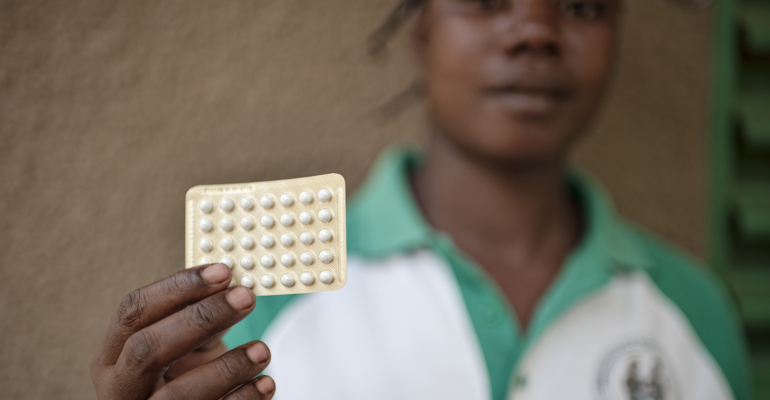In recent years in Africa, where two-thirds of the population is under 25, efforts have been made to make contraception methods more accessible, the cornerstone of women’s emancipation on the continent.
The rejection by the Rwandan parliament of a new bill, which aimed to make access to contraceptive methods legal from the age of 15, is causing debate. A significant issue for a country where two-thirds of the inhabitants are under 25 and where there is the highest population density in the whole continent, double that of Italy and higher than that of the Netherlands.
It is controversial because Rwanda is the African country that has made the most effort in the last two decades to develop a system of birth control and family planning. The government has also placed limits on the number of children per family and is investing heavily in the implementation of services and monitoring in this area.
A still limited diffusion
And sadly, Africa still has a long way to go on this front. Access estimates in sub-Saharan Africa concern only 21% of girls. In recent years, Uganda has embarked on a major campaign to introduce contraception after a 2011 study by the Uganda Demographic and Health Survey (DHS) showed that 25 per cent of girls aged 15 to 19 become pregnant, with more than four out of ten pregnancies being unwanted. A percentage that affects not only Uganda but, according to a report published by the United Nations in 2022, the whole world and especially Africa.
Studies on HIV transmission also testify that Africa continues to have a problem with the use of contraception. This depends sometimes on the limited increase in education on the subject for the population, but sometimes also on the scarce supplies, as recently happened in South Africa.
In this sense, it is significant that three days ago the president of Tanzania, Samia Suluhu Hassan, declared limitations that the country must commit itself more to birth control, recommending that the population have to resort more to contraceptive methods. This solicitation radically reverses the course of the previous government, which made Tanzania one of the most restrictive countries on this front, causing an uncontrolled increase in the birth rate.

